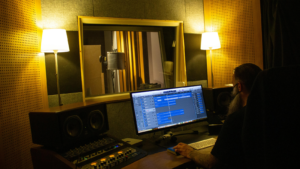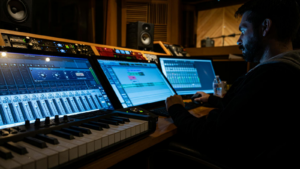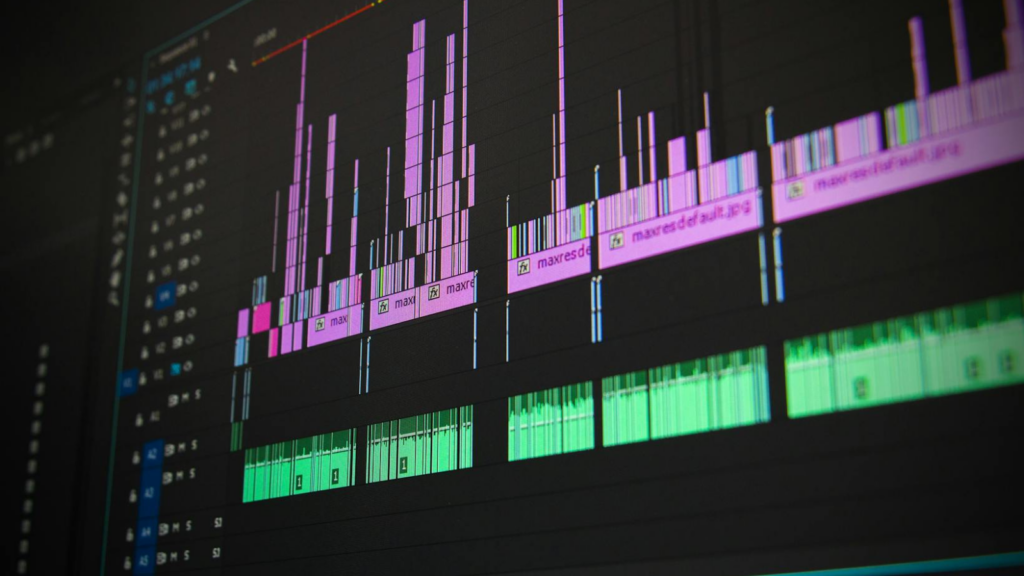In the ever-evolving world of music production, MPC software stands as a game-changer. It’s the powerhouse behind countless hits, providing artists with an intuitive platform to unleash their creativity. This article will delve into the intriguing world of MPC software, shedding light on its functionalities and how it’s shaping the music industry.
MPC Software
Delving into the basics of MPC (Music Production Controller) software inspires both current and pending music creators to better navigate this powerful tool. It’s an enlightening journey steeped in history, innovation, and a relentless pursuit of artistic expression.
MPC software refers to the digital interface that powers an electronic MIDI controller known as the Music Production Controller, or MPC. This comprehensive software serves as the brain of the MPC, transforming the standalone music production hardware into a fully-operational DAW (Digital Audio Workstation).
MPC software integrates with the hardware counterpart, enabling artists to sequence beats, sample music, and record real-time performances, among other functions. Packaged with extensive libraries of professional-grade sounds and cutting-edge features, MPC software forms an essential part of a music producer’s toolkit.
Brief History and Evolution of MPC Software

MPC software journey commenced in the late 80s with Akai Professional introducing the MPC60 – the first-ever MPC, developed in collaboration with the legendary music engineer Roger Linn. However, impelling this iconic hardware into the computer age came much later.
Launched in 2012, MPC software marked a new era of music production, marrying the MPC hardware’s robust functionalities with the versatility of a fully-fledged DAW. The software evolved rapidly, incorporating features like MIDI sequencing, audio track recording, and expansive sound libraries, taking forward Linn’s vision into the digital realm.
Understanding the basics of MPC software, while appreciating its history and evolution, forms a cornerstone for producing exceptional music compositions. This crucial tool continues to redefine music production standards, stimulating creative freedom and artistic innovation.
Features and Capabilities of MPC Software
Sound Design Capabilities
MPC software exhibits spectacular sound design capabilities, turning every artist’s musical vision into reality. It comes with an impressive library of high-quality sounds, numbering in the thousands, crafted by internationally acclaimed sound designers.
One noteworthy feature involves MPC software ability to sample – it captures and manipulates audio from various sources, creating new, unique sounds. It also boasts a plethora of effects, like delay, chorus, and reverb, each adding a unique sonic character to the music.
Equipped with these rich sound design capabilities, building complex soundscapes becomes second nature. With a user-friendly interface, a broad sound library, and extensive sampling and effect features, MPC software empowers producers to transform musical ideas into impressive sound productions.
Sequencing Capabilities of MPC Software

On top of sound design, MPC software excels in sequencing, one of the core components of beat making. It offers intuitive control over melody and rhythm, making it a powerful tool for arranging, editing, and mixing musical elements.The exceptional step sequencer allows users to construct beats on a grid-like interface.
It also proffers a piano roll sequencer, letting producers edit notes, control velocities, and modify note lengths inside the graphical interface. This capability allows for easy manipulation of melodic arrangements and rhythmic patterns. Heightened by its sequencing abilities, MPC software can create and manipulate sequences, making it an indispensable tool for producers keen on turning their musical concepts into complete, polished productions.
Need To Know About MPC Software
MPC software significance in music production can’t be overstated. Its blend of intuitive control, advanced features, and rich history make it an indispensable tool for artists looking to push creative boundaries. As it continues to shape the music industry, understanding and mastering MPC software remains a key factor for any music producer looking to make their mark. So, whether you’re a seasoned pro or a beginner, harnessing the power of MPC software can elevate your music production to new heights.
